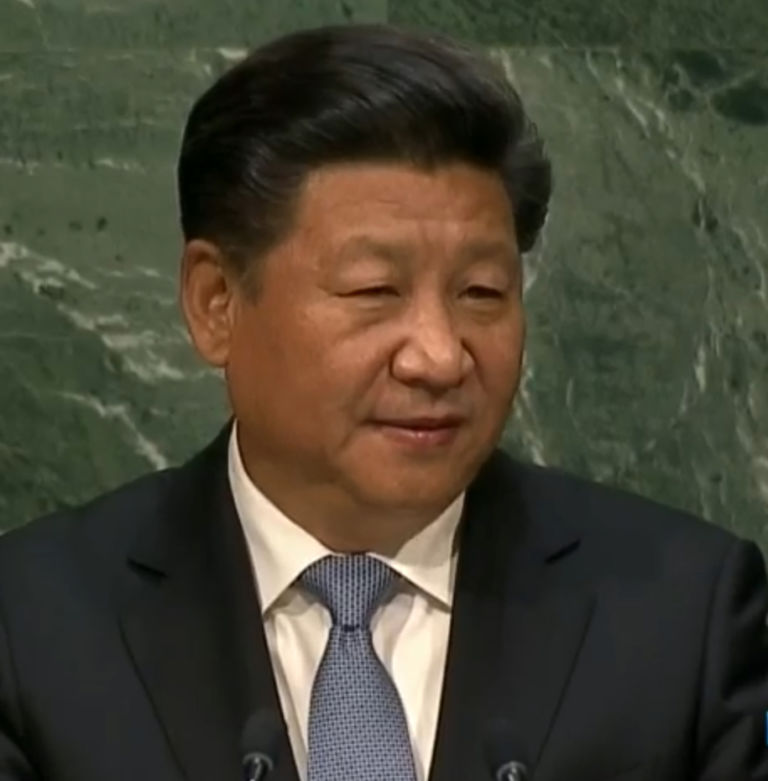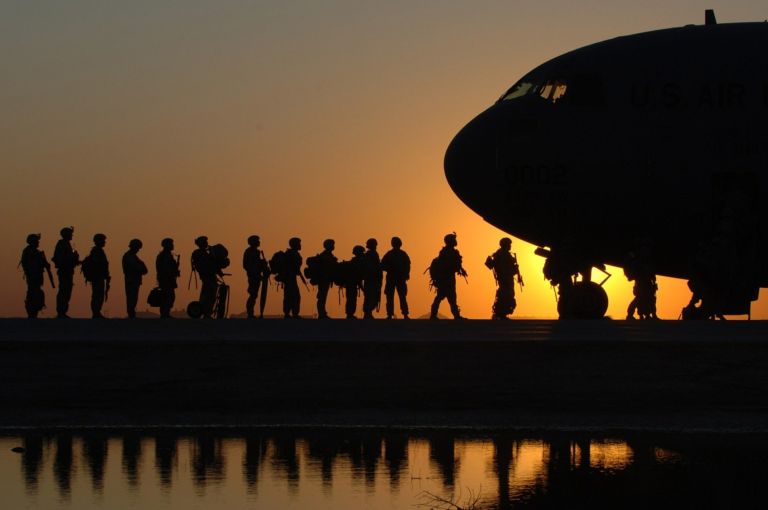Hal Brands and Michael Beckley offer a warning about the prospects of war with communist China.
How likely is China to start a war? This may be the single-most important question in international affairs today. If China uses military force against Taiwan or another target in the Western Pacific, the result could be war with the United States—a fight between two nuclear-armed giants brawling for hegemony in that region and the wider world. If China attacked amid ongoing wars in Ukraine and the Middle East, the world would be consumed by interlocking conflicts across Eurasia’s key regions, a global conflagration unlike anything since World War II.
How worried should we be?
Notwithstanding the recent flurry of high-level diplomacy between Washington and Beijing, the warning signs are certainly there. Under Chinese President Xi Jinping, Beijing is amassing ships, planes, and missiles as part of the largest military buildup by any country in decades. Notwithstanding some recent efforts to lure back skittish foreign investment, China is stockpiling fuel and food and trying to reduce the vulnerability of its economy to sanctions—steps one might take as conflict nears. Xi has said China must prepare for “worst-case and extreme scenarios” and be ready to withstand “high winds, choppy waters, and even dangerous storms.” All of this comes as Beijing has become increasingly coercive (and occasionally violent) in dealings with its neighbors, including the Philippines, Japan, and India—and as it periodically advertises its ability to batter, blockade, and perhaps invade Taiwan.
Many U.S. officials believe the risk of war is rising. CIA Director William Burns has said Xi seeks the capability to take Taiwan by 2027. And as China’s economy struggles, some observers—including, reportedly, U.S. intelligence analysts — are looking for signs that a peaking China might turn aggressive in order to distract attention from internal problems or to lock in gains while it still can.


